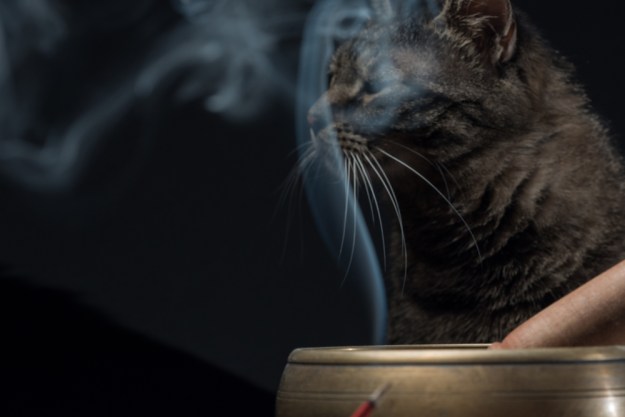Fleas and ticks are a fact of life when it comes to sharing your home with a dog. And while preventive medicines are the first line of defense against diseases carried by these parasites, a good flea and tick shampoo provides additional protection. Every pet has different bathing needs and skin conditions, so it’s best to speak with your veterinarian before using any flea and tick shampoo on your dog. Following are four of the best flea and tick shampoos promoted as safe for use on dogs 12 weeks of age and older.
Adams Plus Flea and Tick Shampoo with Precor
- Good for dogs with sensitive skin
- Features oatmeal, coconut extract, lanolin, and aloe
- Can also kill lice
This shampoo is a great option for dogs with sensitive skin. The product is enriched with oatmeal, coconut extract, lanolin, and aloe and includes an insect growth regulator to kill fleas, ticks, and lice. It helps prevent reinfestation for up to 28 days by killing flea eggs and larvae. In addition to fighting against parasites, this shampoo will leave your dog’s coat soft, shiny, and easy to brush. When bathing, wet the coat thoroughly with warm water and lather the shampoo, starting at the head, working back toward the tail, and ending with the legs. The shampoo should be left on for five minutes before rinsing the coat thoroughly.
Richard’s Organics Flea and Tick Shampoo
- Features cinnamon, rosemary, and peppermint oils
- Helps to relieve scabs and hot spots
- Sulfate-, paraben-, and dye-free
This shampoo is a favorite with pet owners who prefer to avoid harsh chemicals. The ingredients include cinnamon, rosemary, and peppermint oils, as well as purified water and vitamin E. The essential oils soothe irritated skin while killing fleas and ticks. This shampoo also helps relieve scabs and hot spots as well as excessive scratching, licking, or biting at the skin. When bathing, start at the head, working the lather into your dog’s coat as you move toward the tail. Wait for a few minutes before rinsing the coat thoroughly.
Sentry Flea and Tick Shampoo with Oatmeal
- Oatmeal helps soothe skin
- Deodorizes and conditions your dog’s coat
- Features a Hawaiian ginger scent
This shampoo contains the active ingredients permethrin and piperonyl butoxide to kill fleas and ticks. It also includes oatmeal that helps soothe skin that’s red and irritated from constant scratching due to flea and tick bites. Your dog’s coat should be wetted thoroughly before applying the shampoo. After lathering, leave on the coat for five minutes before rinsing. In addition to killing fleas and ticks for up to 10 days, this shampoo cleans, deodorizes, and conditions your dog’s coat.
Vet’s Best Advanced Strength Flea and Tick Shampoo
- Contains all-natural essential oils and plant-based ingredients
- Features a rosemary and peppermint scent
- Cleans and deodorizes your dog’s coat
This shampoo kills fleas, flea larvae, flea eggs, and ticks on contact while also cleaning and deodorizing your dog’s coat. The product contains all-natural essential oils and plant-based ingredients, including peppermint, thyme, and rosemary. Once your dog’s coat is wetted thoroughly, apply the shampoo, working it into a lather from the head to the tail. Avoid contact with the eyes, mouth, nose, and genitals. Leave the shampoo on the coat for up to 10 minutes, and then rinse the coat thoroughly. When finished, your dog’s coat will have a pleasant scent of rosemary and peppermint.
When dealing with flea and tick infestations, remember that in addition to treating your dog, you need to treat possible sources of new infestations such as carpets or the yard. Many companies that specialize in flea and tick shampoos for pets also offer sprays for inside and outside the home.
Editors' Recommendations
- Why does my dog have a bald patch on their tail? Here are the answers you need
- Looking for signs your dog has ticks? These telltale symptoms mean you have a flea or tick problem
- Could it be a dog paw infection? Signs, symptoms, and treatments for these pesky, painful issues
- Is your puppy breathing fast while sleeping? Here’s when you should worry and how to help your dog
- Why do you often find your dog with their tongue out? Here’s what vets say about the ‘blep’





